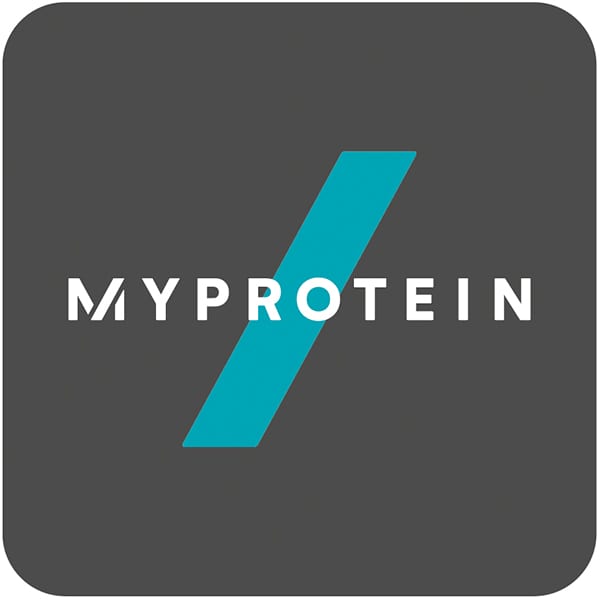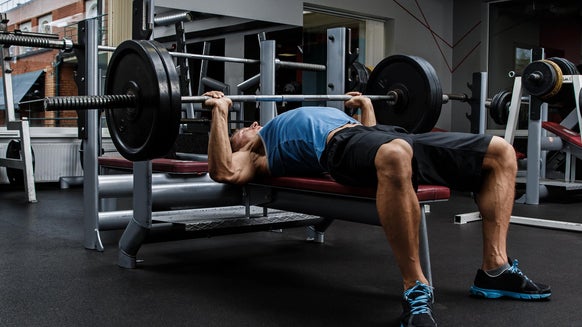1500 Calories A Day | Is This Diet Healthy?

Calorie intake can be a bit of a minefield. Are you eating too much or too little? There is a huge amount of conflicting information out there!
Dietary advice can vary from eating jars of baby food all day to not eating carbs at night to cutting out fruit altogether!
Granted, there is also plenty of great and legitimate evidence backed advice out there too, but it can be pretty tricky to sort through the good and the bad.
How many calories should I consume daily?
There is no answer to fit everyone’s individual circumstances as we are all very different, which is what makes us so great -

A good place to start though is
Your BMR related to a number of factors, including gender, age and weight. The amount of lean muscle tissue you have also will increase your BMR, which is why lifting weights help make your body a fat burning machine.
Once you have your BMR worked out, you need to add in some more calories to accommodate how active you are. This formula will calculate how many calories you need to add on to maintain your current body weight.
There are even more accurate ways that you can utilise to figure out your BMR more accurately, although they can be quite expensive to do such as the bod pod or a DEXA scan. These will tell you more accurately what your body composition measurements are!
The Dangers Of Consuming Little Calories
We all know it’s not a good idea to under eat long term and there are some serious health consequences to eating too little food.
Here are just some of the most common issues people may have:
_____________________________
#1 Malnutrition
This is a major one. If you don’t fuel your body correctly, you can’t expect it to perform optimally. Having a punishing training routine and not eating enough food is a recipe for disaster.
Malnutrition causes a variety of illnesses and symptoms and can result in hair loss, a weakened immune system leading to frequent infections and sickness and even scurvy if you are not obtaining enough vitamin C from your diet.
#2 Muscle Loss
Muscle is usually the first thing to go when you under eat. This is because the body’s priorities lie with the activities that are carried out with the calories from your basal metabolic rate such as keeping the heart beating and other essential processes that keep you alive.
You can’t expect to make much if any progress in the gym if you done feed your body with enough calories to maintain and or promote muscle growth.
#3 Lowered metabolism
Your body will adapt to lower calories by reducing your metabolic rate.
The more muscle that you have the stronger your metabolism will be, but you will find it difficult to maintain muscle and certainly to add more on if your calorie intake is too low.
#4 Reduced immune system
If your calorie intake is very low, your immune system may suffer.
Having too low of a calorie intake can leave you feeling ‘run down’ and lacking in energy! This is another reason why people may indulge in
Take Home Message
In the majority of cases, most people who are very active and exercise a lot will need a higher calorie intake than 1500 per day. Undereating will slow or even halt your progress in the gym, and it can be very difficult to lose fat when your calories are very low.
It is well worth figuring out roughly what your






